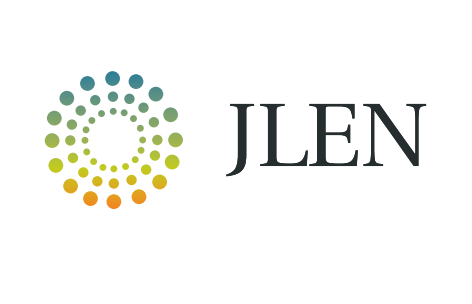JLEN Environmental expanding remit – JLEN Environmental hopes to widen what it is allowed to invest in. Shareholders need to approve the change.
Under the planned revised investment policy, the company will continue to seek to achieve its investment objective by investing in a diversified portfolio of environmental infrastructure. However, the definition of “environmental infrastructure” for these purposes would be expanded to include a wider pool of prospective investment, including infrastructure assets, projects and asset-backed businesses that utilise natural or waste resources or support more environmentally friendly approaches to economic activity, support the transition to a low carbon economy or which mitigate the effects of climate change.
Sectors that fit within the revised definition of “environmental infrastructure” include, but are not limited to:
- Battery storage projects;
- Businesses which provide support services to core environmental infrastructure projects;
- Low carbon agriculture, including vertical farming assets;
- Connecting infrastructure such as district heating and other core infrastructure used by environmental assets;
- Agriculture/bioenergy supply chain businesses serving anaerobic digestion plants and other bioenergy technologies which rely heavily on the upstream feedstock supply chain; and
- Low carbon transport infrastructure such as electric vehicle charging infrastructure.
Investment in member states of the European Union which are not members of the OECD
The company’s existing investment policy expressly prohibits it from investing in projects which are located in countries other than those which are members of the OECD. The revised investment policy would, if approved by shareholders, allow the company to invest in member states of the European Union which are not members of the OECD.
For clarity the OECD countries IN Europe are Austria, Belgium, Czech Republic, Denmark, Estonia, Finland, France, Germany, Greece, Hungary, Iceland, Ireland, Italy, Luxembourg, the Netherlands, Norway, Poland, Portugal, Slovak Republic, Slovenia, Spain, Sweden, Switzerland, Turkey and United Kingdom.
The company still expects to continue to have a significant majority invested in the UK and OECD countries, with at least half of the portfolio (by value) being based in the UK.
More in construction projects
Currently, there is a limit of 15% of NAV attributable to projects which are in construction and are not yet fully operational. Shareholders are being asked to up this to 25%.
The attraction here is increased flexibility in the way that the company buys assets and , potentially, higher returns for shareholders.
Proposed changes to the Articles
- An increase in the cap on directors’ pay from £300,000 to £400,000 per annum. The thinking is that this will make it easier to manage succession plans within the board, allowing a temporary increase in the overall number of directors, for example.
- Remove the restrictions on:
- the majority of Directors being resident in the United Kingdom for tax purposes;
- board and committee meetings being held in the United Kingdom; and
- Directors who are physically located in the United Kingdom participating in board and committee meetings. [UK tax legislation now allows non-EEA alternative investment funds (such as the company) to be treated as tax-resident in the United Kingdom if their board meetings are not held in the UK.]
You can read the full circular here.
